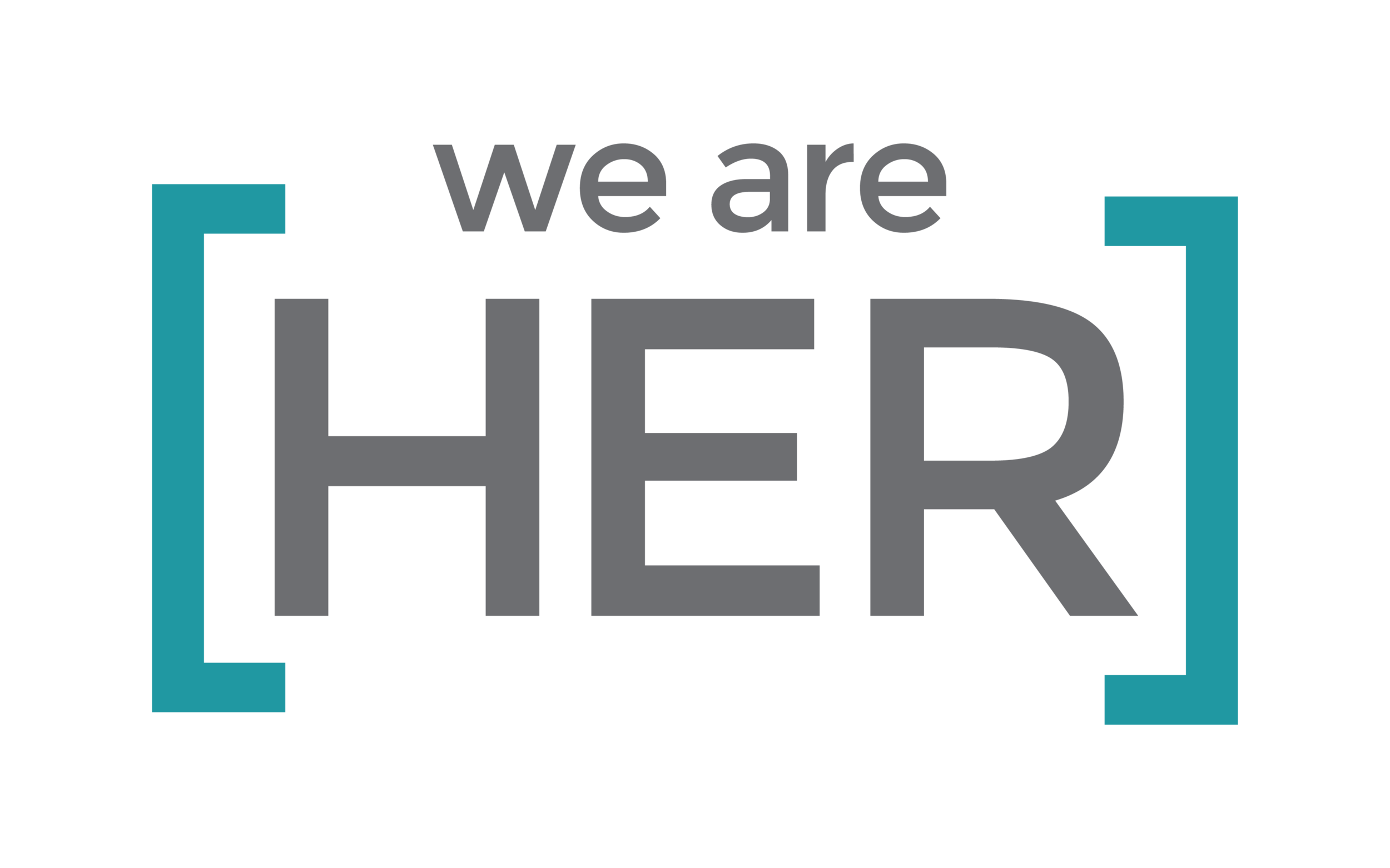Meet Teri: Social Justice Warrior, Feminist, and Survivor
Meet Teri. Teri is an advocate for survivors of domestic violence and coercive control on a mission to end gender-based violence. Teri is the host and producer of her show en(gender)ed, which is a podcast that discusses the culture of gender-based violence as well as other forms of oppression.
Teri is a panelist in the upcoming We Are HER Trauma Recovery Panel. Here’s more about the work she does.
HER: Tell us about yourself and your organization.
Teri: I'm a survivor, feminist business consultant, and founder of the Engendered Collective, a community for survivors, advocates, and pro-feminist allies to come together in learning, transformation, and advocacy. Our three pillars include engaging in knowledge-sharing and building, collective care and healing, and advocacy to end sexism and increase accountability for abuse rooted in sexist exploitation, violence, and oppression.
HER: What prompted you to pursue work in social justice?
Teri: As a survivor and protective parent, you have no choice but to engage in advocacy when you become aware of how gendered-biased players in family court are and how harmful their bias is on a systemic level. It mirrors the sexism that permeates all of society, but the stakes are higher in family court when children are placed with abusers because no one believes the mother when she shares there is abuse and punishes her for speaking out about it.
HER: What exactly does it mean to be engendered?
Teri: The podcast name was inspired by my college thesis which was titled "The (De)(Re)Construction of Gender(ed) Ideologies in Contemporary Films." Gender is figuratively and literally centered in the podcast name and the "ed" suffix exposes the gender binary nature of our culture and how gender is predetermined and the "en" prefix alludes to the possibility that we can always redefine what gender means.
HER: What would you say is the most common misconception about sexual abuse from a gender standpoint?
Teri: Sexual assault or rape isn't necessarily violent but can take the form of sexual coercion. We may find ourselves in relationships or situations where consent hasn't been given and is assumed or absent because it is coerced through emotional intimidation, obligation, or some other form of manipulation. Consent is a continuous process and can be withdrawn at any point, so sexual assault can occur in the next moment even when at present, what you're doing is consensual. With regard to child sexual abuse, the most common misconception is that consent is possible or present when there is a financial transaction. In other words, when you have an adult engaged in sexual acts with a minor, that is child sexual abuse. When that same adult gives money to the minor, that all of a sudden characterizes the child, in the eyes of the law in many states, as a prostitute engaged in a crime, while the buyer is no longer an offender or subject to sex offender registry because there was money exchanged.
HER: What do you hope listeners take away from this panel?
Teri: I hope listeners are inspired to take their own mental health seriously and recognize that all of us experience trauma under patriarchy.
HER: Why did you decide to participate in this panel?
Teri: I wanted to shed light on how systemic sexism and bias can create deep and lingering trauma and motivate listeners to explore how they can use their power and privilege to examine their bias when they are in decision-making roles and minimize harm while building systems and practices for collective well-being.
HER: How can the HER community get involved with you and your organization?
Teri: Subscribe to our podcast, join our community, and/or follow us and contribute to our Medium publication.
Learn more about We Are HER’s Trauma Recovery Panel here.

